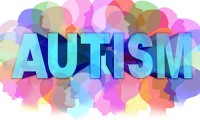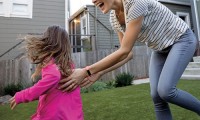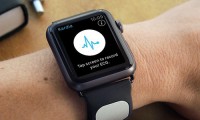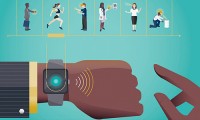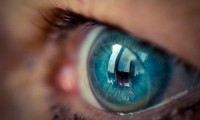-
Charity launches biometrics wristband project for autistic people
- Source: MedicalPlasticsNews
- 893
- March 29, 2018
-
UCSD researchers develop wearable, 24-hour GI tract monitor
- Source: MobiHealthNews
- 950
- March 27, 2018
-
Fitbit unveils new tracker for kids, new smartwatch for adults
- Source: MobiHealthNews
- 770
- March 14, 2018
-
AliveCor smartphone add-on, algorithm discern high potassium levels in ECG data
- Source: FierceBiotech
- 1,171
- March 13, 2018
-
Wearable devices for business vs. fitness
- Source: Tech Republic
- 890
- February 5, 2018
-
Researchers describe receiver-free, glucose-sensing contact lens
- Source: MobiHealthNews
- 766
- January 26, 2018
-
Can digital tools really change patient behavior?
- Source: MM&M
- 1,135
- January 24, 2018
-
Leaf Healthcare touts reduced pressure injuries in Leaf wearable sensor study
- Source: Mass Device
- 952
- January 24, 2018
-
Potentially life-saving health monitor
- Source: Printed Electronics World
- 974
- January 19, 2018
-
Study shows wearables lack clinical impact, but researchers haven’t lost hope
- Source: FierceHealthcare
- 917
- January 18, 2018
your submission has already been received.
OK
Subscribe
Please enter a valid Email address!
Submit
The most relevant industry news & insight will be sent to you every two weeks.

